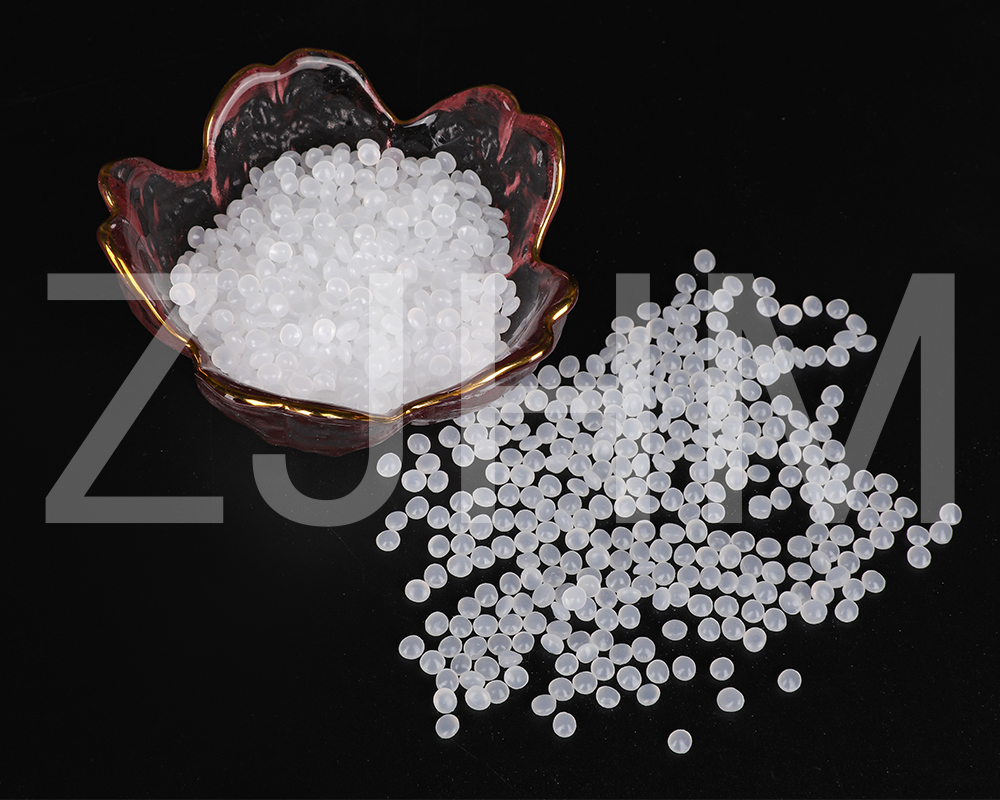
Web Menu
- Home
- About
- Product
- (PP) Polypropylene Granules
- (LDPE) Low density polyethylene Granules
- (LLDPE) Linear low density polyethylene Granules
- (HDPE) High-density polyethylene Granules
- (GPPS) Polystyrene Granules
- (HIPS) High impact polystyrene Granules
- (ABS) Acrylonitrile butadiene styrene Granules
- (POM) Polyformaldehyde Granules
- (PC) Polycarbonate Granules
- (PVC) Polyvinyl Chloride Granules
- (PET) Polyester Chip Granules
- (EVA) Ethylene Vinyl Acetate Granules
- (TPE/TPR) Thermoplastic Elastomer
- ABS recycled material
- News
- application
- Contact

 English
English
 Español
Español

 +86-0571-61070797
+86-0571-61070797
















